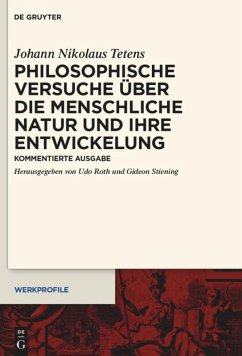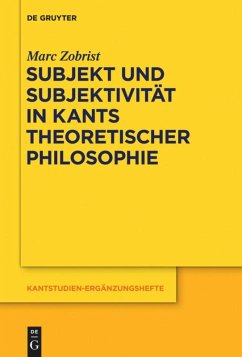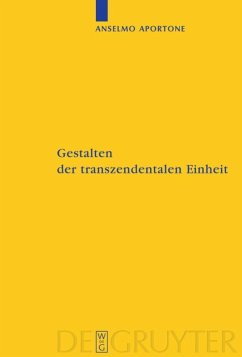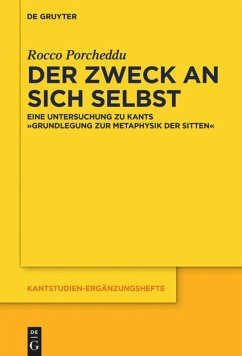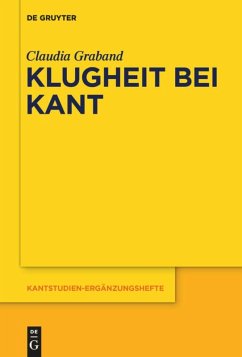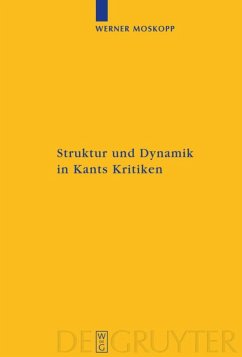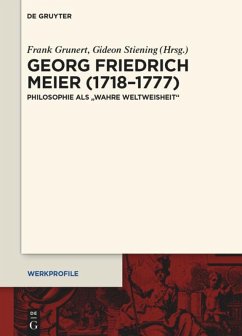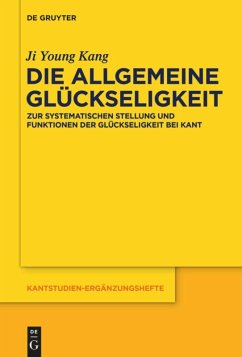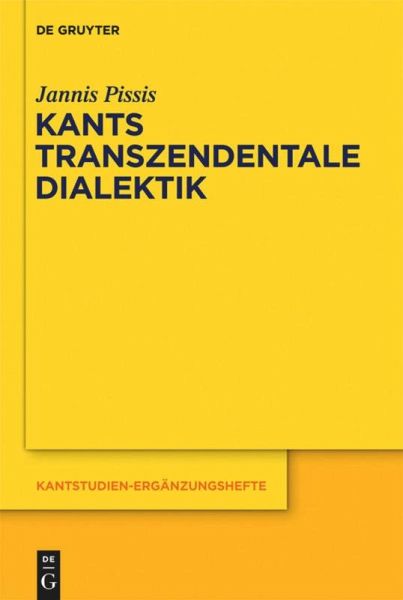
Kants transzendentale Dialektik
Zu ihrer systematischen Bedeutung

PAYBACK Punkte
0 °P sammeln!
The transcendental dialectic, which is thedestructive partof the Critique of Pure Reason thatcritizises traditional metaphysics, is typically treated in systematic perspective as a corollary to the doctrinaire parts. The study undertaken in this book focuses on the systematic conception of the dialectic: the teaching that reasonâ??s reference to the unconditioned is a necessary illusion. The book argues that the dialectic isthe foundation of critical philosophy and that its negative and positive teachings concerning reason are inextricably interlinked.
Kants Kritik der transzendenten Metaphysik in der transzendentalen Dialektik der Kritik der reinen Vernunft war durchschlagend und findet auch in der Philosophie der Gegenwart breite Zustimmung. Weniger Zustimmung und Verständnis findet die systematische Konzeption der transzendentalen Dialektik, die Lehre vom Bezug der Vernunft auf das Unbedingte als notwendigem, unvermeidlichem Schein. Die vorliegende Studie untersucht diese Konzeption. Sie stellt die in der Forschung weitgehend ungeklärten Fragen (a) nach der Notwendigkeit des Scheins und dem logischen Status der Schlüsse der Vernunft auf das Unbedingte, insbesondere nach der logischen Struktur der Antinomien, (b) nach dem Zusammenhang zwischen den Lehrstücken der Dialektik (von den Ideen der Vernunft als Begriffen vom Unbedingten, von den dialektischen Schlüssen, vom angemessenen Gebrauch der Ideen), (c) nach dem systematischen Verhältnis von Analytik und Dialektik als den beiden Teilen der transzendentalen Logik und nachder Funktion der Dialektik im architektonischen Zusammenhang der Kritik. Es ist die These der Studie, dass die Dialektik die Grundlage der kritischen Philosophie darstellt und dass ihre negative und ihre positive Lehre von der Vernunft unzertrennlich zusammenhängen.





